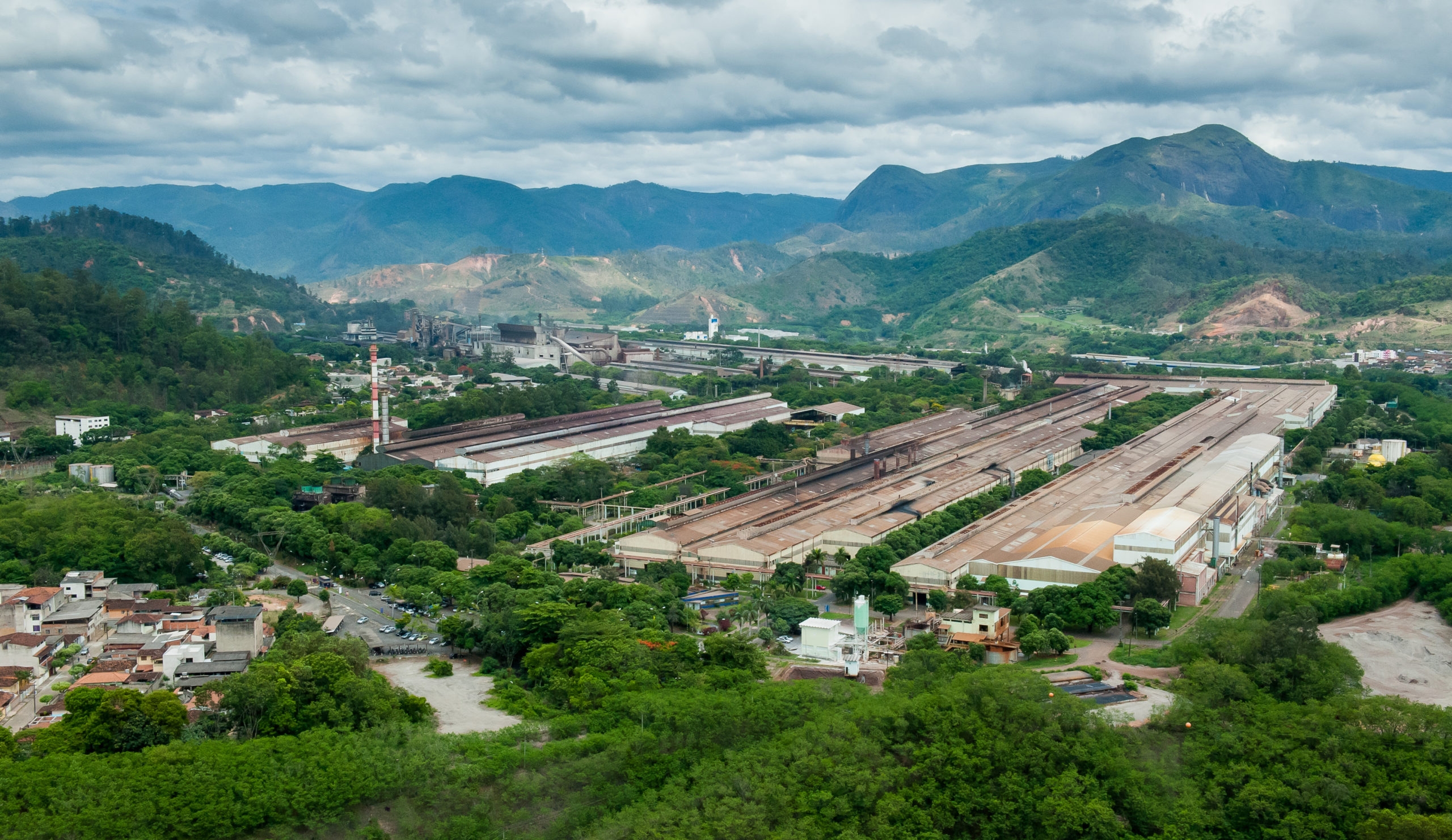Following a rigorous audit process by AFNOR lasting around 12 months, Aperam South America has achieved certification against the ResponsibleSteel Standard Version 1.1.
According to Aperam South America’s CEO, Frederico Ayres Lima, the site decided to pursue certification against the ResponsibleSteel Standard to further strengthen its commitment to sustainability and, strategically, to promote and make corporate responsibility more widely recognised.
Lima commented, “ResponsibleSteel is critical to our goal of striving for leadership in environmental excellence. We have one of the smallest carbon footprints in the industry and strive to adopt best practices in terms of ethics, governance, community engagement and corporate citizenship.”
He added, “This certification reinforces our commitment to sustainability, since it is part of our mission to offer the market steel solutions produced in a responsible manner.”
To obtain certification, the auditors interviewed a wide range of stakeholders and conducted several technical visits. In total, the auditors conducted over 60 interviews to map stakeholders’ perceptions of Aperam South America.
For the company’s Executive Manager of Health, Safety and the Environment, Robson Machado, this was a challenge that brought a different perspective on some issues. “It was an opportunity to reflect on our practices and see the improvements we can make,” stated Machado.
Aperam South America is an integrated producer of Flat Stainless, Electric and Special Steel. It has a total production capacity of 900,000 tonnes of steel per year and employs over 4000 workers and contractors.
ResponsibleSteel CEO Annie Heaton commented, “We’re very proud to have Aperam South America join a growing number of sites globally that have been certified against the ResponsibleSteel Standard. It is the second Aperam site to become certified, Aperam Stainless Europe being one of the earliest sites to achieve ResponsibleSteel certification back in 2021. This indicates Aperam’s continued determination to show leadership in each region they operate in. Aperam South America is working to build an inclusive and diverse working environment, one which also aims to give back to the local community. Just one example is the inclusion and diversity plan led by volunteers which the site has put in place to combat discrimination and stereotyping.”
Heaton continued, “The site also set up the OIKOS biological reserve through Aperam’s Acesita Foundation, and this has become not only a thriving hotspot for biodiversity but an important environmental education centre for the area, helping to preserve the nearby habitat for future generations and reflecting the site’s commitment to both people and the planet.”

